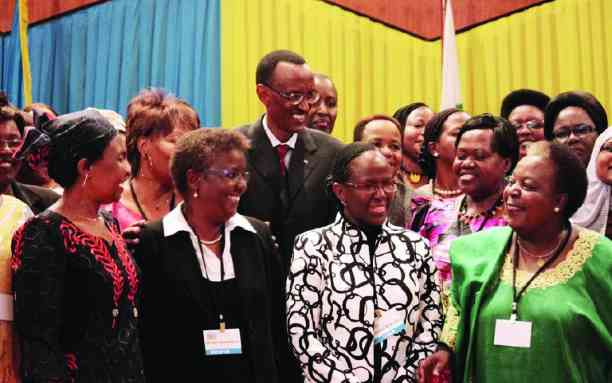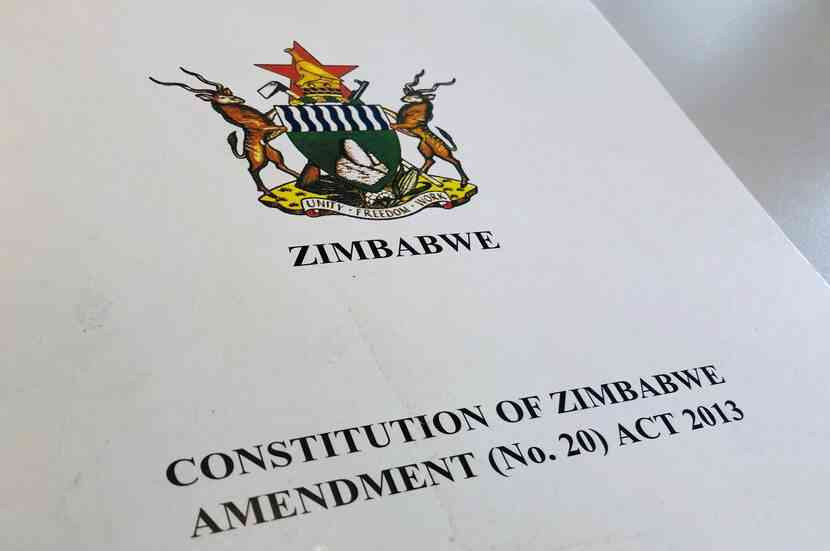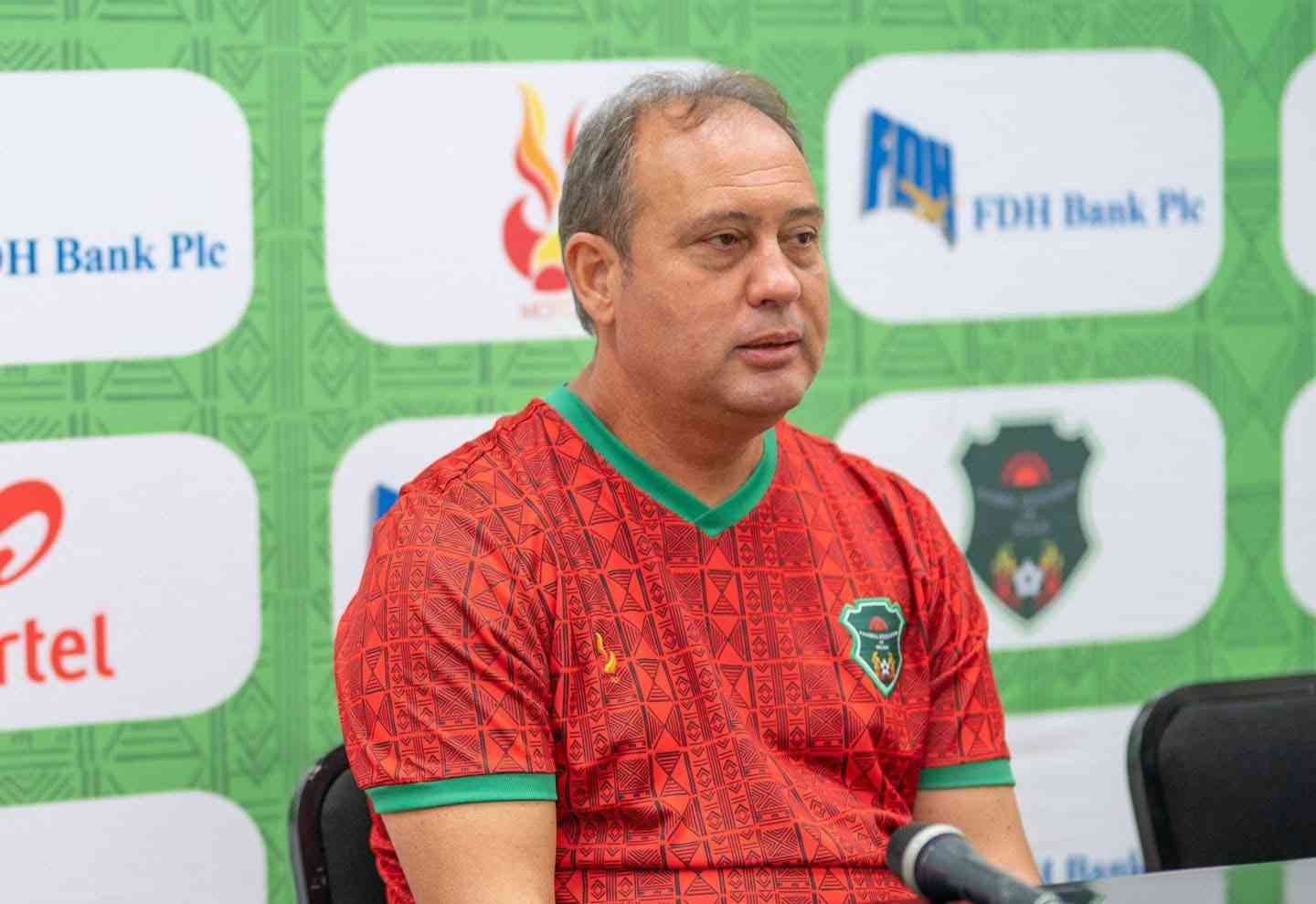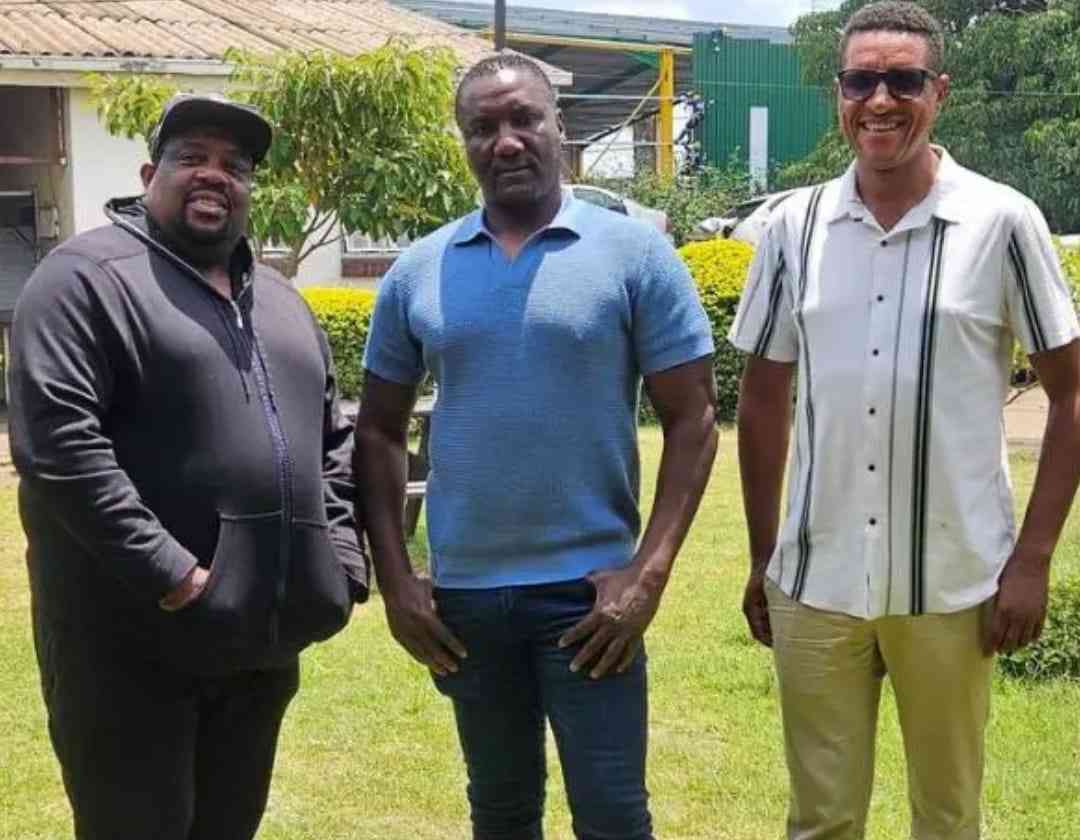
Zimbabwe stands at a pivotal moment, with opportunities for transformative growth and development on the horizon.
For this potential to be fully realized, it is imperative that the nation makes a concerted effort to promote the voices and participation of its women and youth.
These demographic groups, who constitute a significant majority of the population, have historically been marginalised in decision-making processes, yet their active involvement is the cornerstone of a truly inclusive and prosperous society.
The importance of this issue is underscored by initiatives, such as the Team Europe Initiatives on climate-smart agriculture and gender equality, which correctly identify that meaningful change cannot happen without empowering these groups.
One of the most critical aspects of this push for inclusion is addressing the low levels of women's participation in politics and leadership.
Despite constitutional provisions that aim to ensure gender equality, a significant gap persists.
According to various reports, women's representation in Zimbabwean politics remains disappointingly low.
While the overall percentage of women in parliament has seen some fluctuation, it has not consistently reached the Sadc Declaration on Gender and Development's 30% threshold.
- Japan brings cheer to Gokwe
- Commodity price boom buoys GB
- 9 000 farmer field schools on cards
- Biti’s applications for referral to Concourt continues
Keep Reading
For example, in the 2023 elections, only a small percentage of the directly elected National Assembly seats were won by women.
While a quota system has been introduced to increase women's representation, it has not yet led to a fundamental shift in the political landscape.
This stark underrepresentation in key decision-making bodies, including cabinet and local government, means that the priorities and concerns of over half of the population are not being adequately addressed.
The low participation rates are not merely a reflection of a lack of interest but are symptomatic of a deeply entrenched patriarchal society where women face multiple barriers to political office.
These include a hostile political environment, gender-based violence, lack of financial resources for campaigning, and the perpetuation of harmful gender stereotypes.
The TEI on gender equality recognises this by focusing on promoting women's equal voice and participation in decision-making at all levels, including online platforms where harassment often acts as a deterrent.
By increasing the level of women's and youth participation, representation, and leadership in politics and electoral processes, these initiatives seek to dismantle these barriers and create a more equitable playing field.
The analysis of other countries that have successfully defied the odds in promoting women's participation offers valuable lessons for Zimbabwe.
Countries like Rwanda have made incredible strides, achieving over 60% female representation in their parliament.
This was largely achieved through a constitutional quota system that reserves a high percentage of seats for women, but it was also backed by a strong political will and a national commitment to gender equality.
Similarly, countries like Cuba, Nicaragua, and Mexico have used a combination of constitutional reforms, electoral quotas, and strong institutional support to ensure high levels of women's representation in their legislatures.
These examples demonstrate that while a cultural shift is necessary, structural changes, such as legal quotas, can act as a powerful catalyst for change.
The lessons from these countries show that political will and a strategic, multi-pronged approach are key to breaking the cycle of underrepresentation.
Beyond political representation, the importance of empowering women and youth in other spheres of life cannot be overstated.
The TEI on gender equality aims to enhance the capacity of women and youth as political leaders through training, promoting gender-responsive legislative processes and budgeting.
This is vital because it ensures that their presence translates into meaningful impact.
By equipping them with the skills to navigate the political system and advocate for policies that benefit their communities, the initiatives ensure that their participation is not just symbolic but transformative.
Furthermore, the role of media in shaping public perception is a critical area that must be addressed.
The TEI recognises this by including a component on reducing gender stereotypes in the media and empowering women's rights as users and producers of information.
The media often portrays women in stereotypical and limited roles, which can discourage them from seeking leadership positions and undermine their credibility.
By actively challenging these narratives and supporting women's role as decision-makers in the media sector, the initiative aims to create a more supportive and inclusive public discourse.
The promotion of women's and youth's voices and participation in Zimbabwe is a non-negotiable step towards a more just, equitable, and prosperous future.
The current low levels of women's participation in politics and leadership are a stark reminder of the work that needs to be done.
However, the comprehensive and multi-faceted approach of the Team Europe Initiatives, which addresses everything from political representation and capacity building to media stereotypes, offers a roadmap for change.
By drawing inspiration from countries that have successfully integrated women into their political systems and by leveraging the energy and innovation of Zimbabwe's youth, the nation can build a more resilient and representative democracy that truly serves all of its citizens.
* Gary Gerald Mtombeni is a journalist based in Harare. He writes here in his personal capacity. For feedback Email [email protected]/ call — +263778861608











